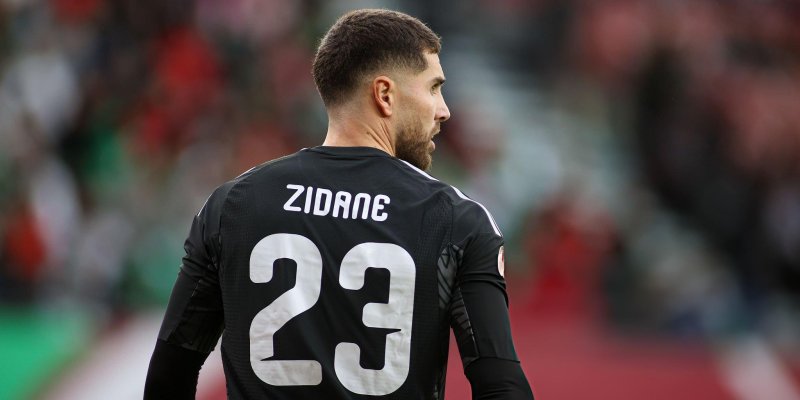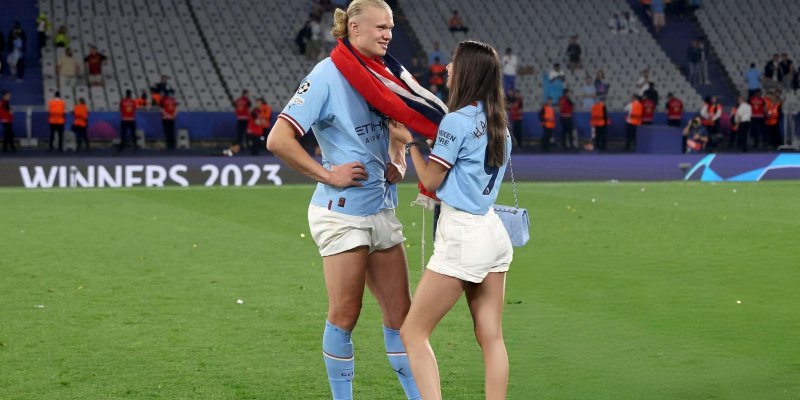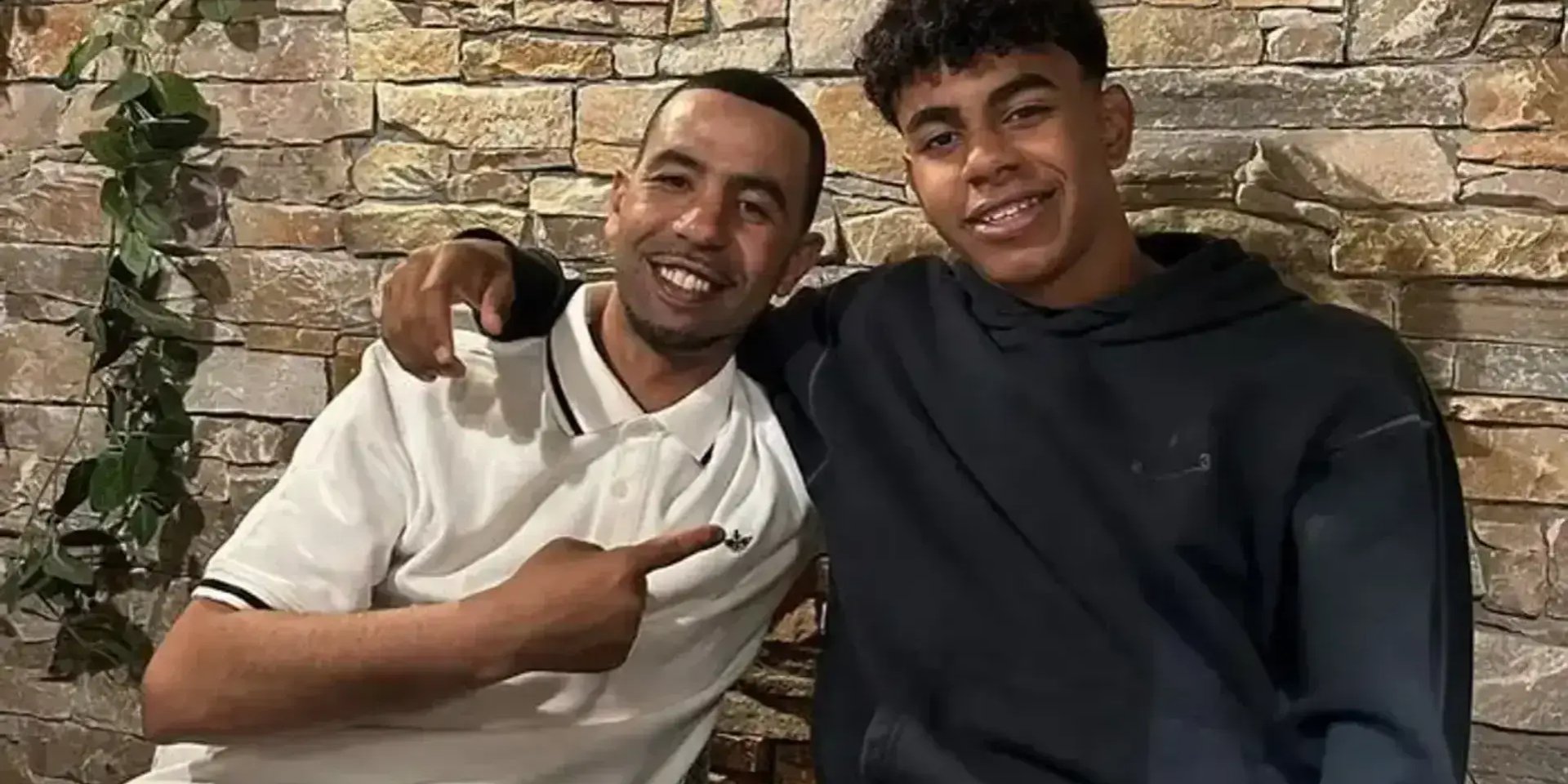
When it became clear that last season's top individual award was going to Ousmane Dembélé, while Lamine Yamal fell just one step short of the summit, emotions ran high. One of the brightest young wingers in the world finished only second in the official tally, and the Yamal family perceived it as an injustice—without turning it into a scandal.
"The Result Was Surprising": The Family's First Reaction
Journalist: Lamine finished second. What did you feel at the moment of the announcement?
Munir Nasraoui: Surprise. I wouldn't call it theft — the prize was awarded to the winner fairly. But there is moral damage: the feeling that the best footballer in the world was left without the trophy this time. We say this not because of family ties, but by looking at Lamine's game and his impact on Barcelona.
Dembélé Won, But "The Best — Yamal"
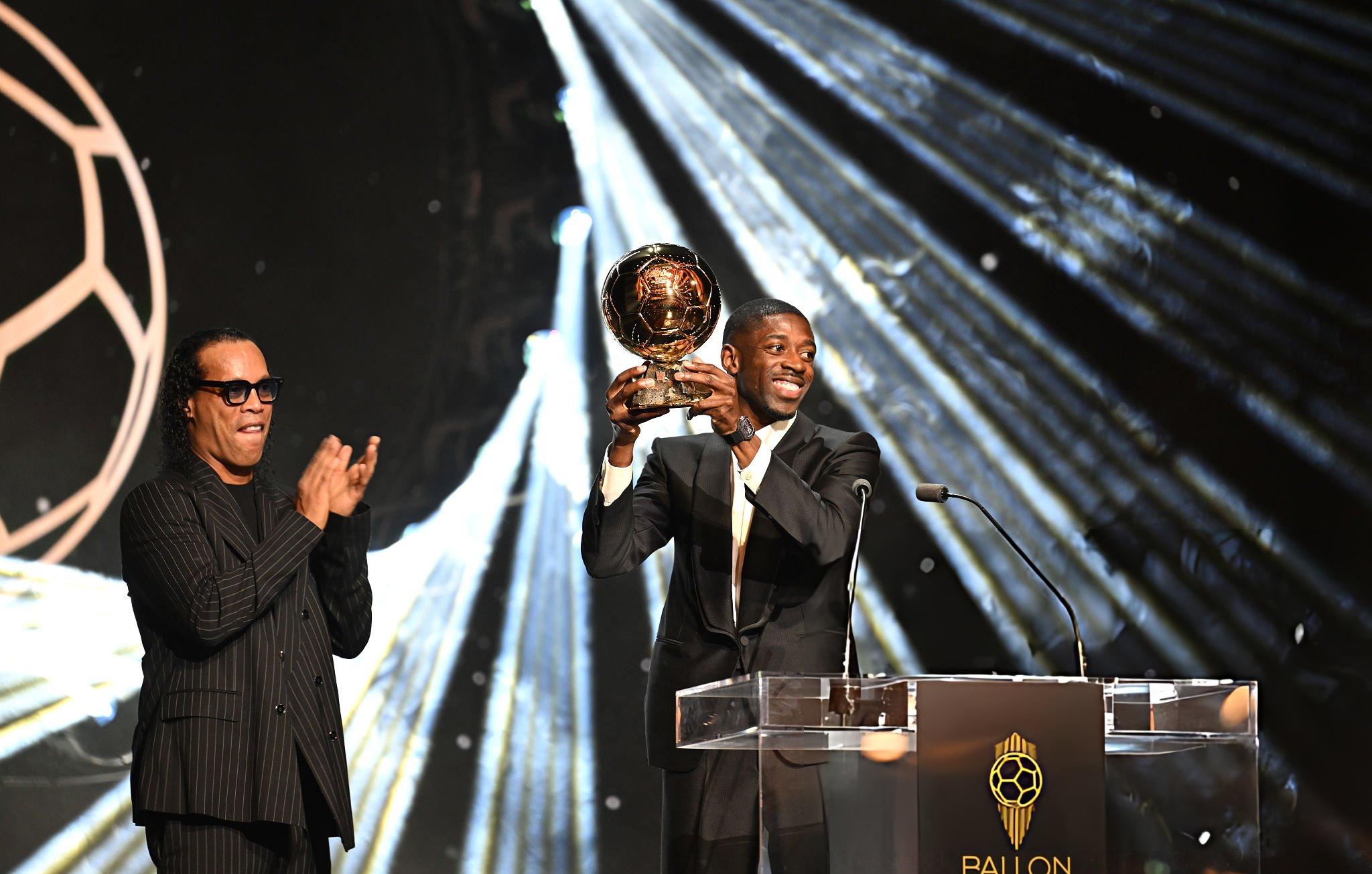
Journalist: How do you view the voters' choice in favor of Ousmane Dembélé?
Munir Nasraoui: With respect. Ousmane is a powerful winger; his role in PSG's season was significant. But if you compare individual contribution and level of dominance on the pitch — Lamine was phenomenal. He didn't just pile up goal contributions; he altered the flow of matches, took responsibility in key stretches, and carried the flank like a mature leader.
"He Has No Rivals": What Stands Behind the Bold Statement
Journalist: The phrase "Lamine has no rivals" sounds bold. What do you mean?
Munir Nasraoui: A blend of qualities. Technique under pressure, decision-making at speed, the ability to see the third-man run — all with discipline out of possession. He's equally dangerous one-on-one and between the lines; he can speed up an attack with a single touch or stretch the opponent's defense. Last season he was that game-switching profile — the kind usually found among the very best in the world.
"Something Was Strange": On the Mechanics of the Vote
Journalist: You said something "strange" happened in the voting. What did you mean?
Munir Nasraoui: More a sense of dissonance. You watch a kid who raises Barcelona's level, sets the tempo of matches, and is among the best almost every time in top fixtures — and yet, when the ballots are totaled, he ends up second. Perhaps narrative factors, reputation inertia, or different criteria among voters played a role. But when you're assessing individual strength, in my view, Lamine was number one.
Looking Ahead: "Next Year the Trophy Will Go to Spain"
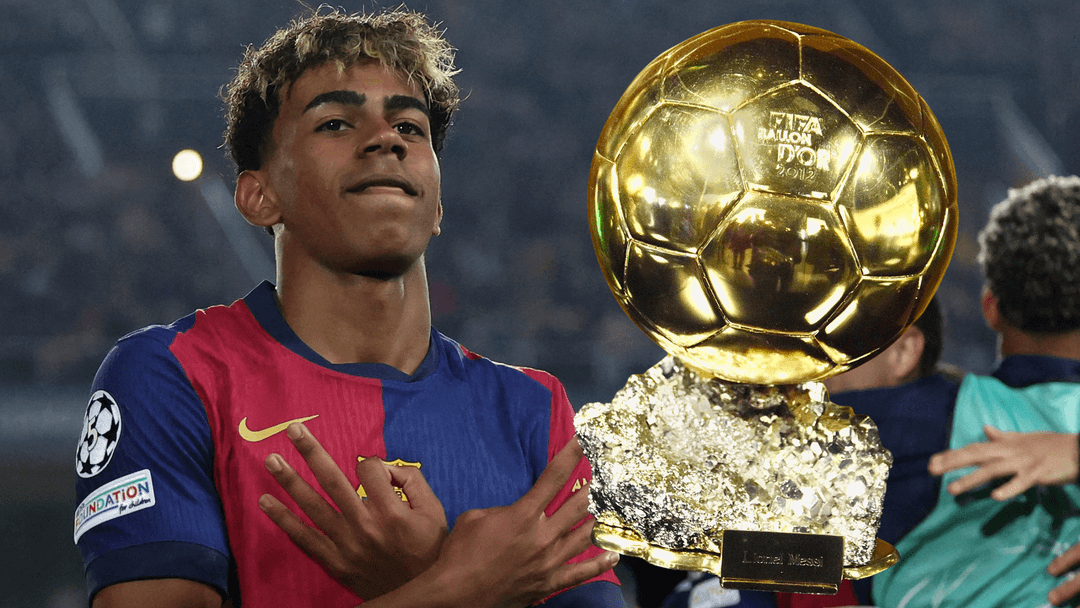
Journalist: Your forecast for the next voting cycle?
Munir Nasraoui: I'm sure: next year the Ballon d'Or will be with the Spanish. It's a matter of time and consistency. If Lamine keeps his intensity, continues to dominate on the flank, improves his finishing, and maintains his impact on big matches — it will be almost impossible to deny him the trophy.
Pressure and the Maturation of a Leader
Journalist: Aren't you afraid that such a bar will create excessive pressure?
Munir Nasraoui: Pressure is part of an elite footballer's profession. Within the family we talk about daily work rather than posts and headlines: tactics, recovery, mental resilience. Lamine listens to the coaches, grows alongside experienced teammates, and understands that leadership status is not words but everyday actions.
Father's Verdict: "We've Decided to Keep the Fire Burning"
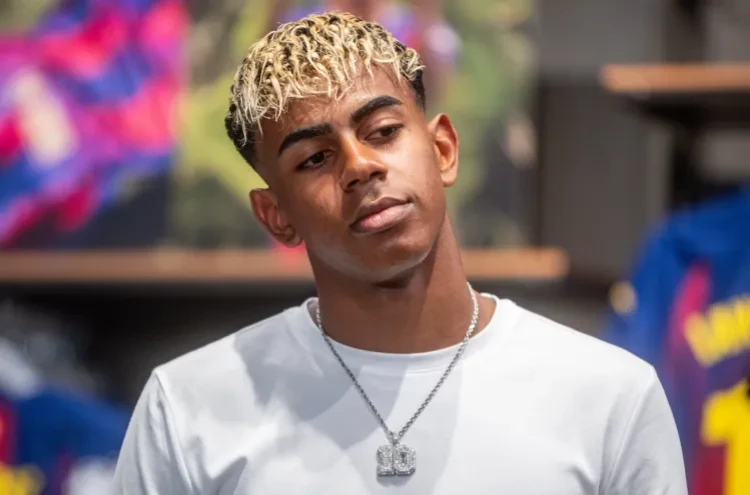
Journalist: What would you say to Lamine today?
Munir Nasraoui: I'd congratulate him on a great season and tell him to keep going. Second place is not a defeat, it's a step. He's already proved he can lead the team and carry the game on his flank. The rest is a matter of time. We've decided to go all the way and, believe me, he won't miss the next chance.

